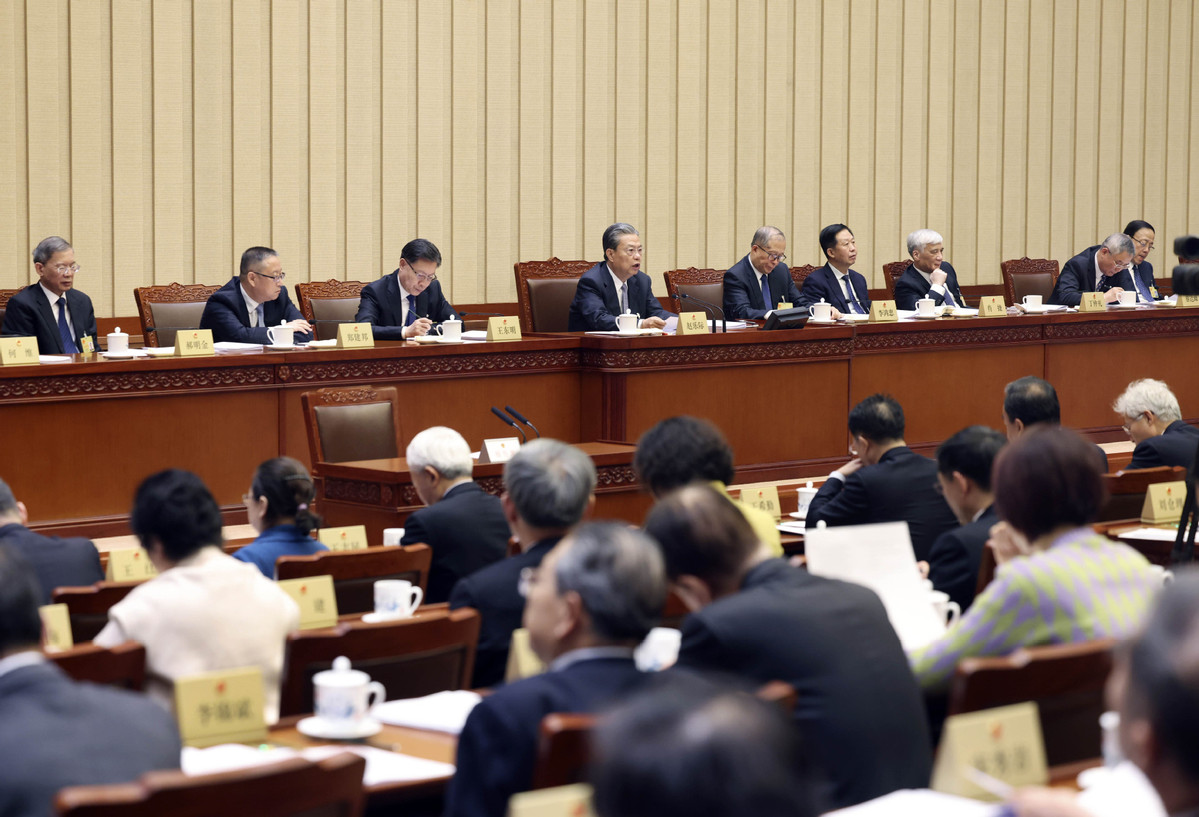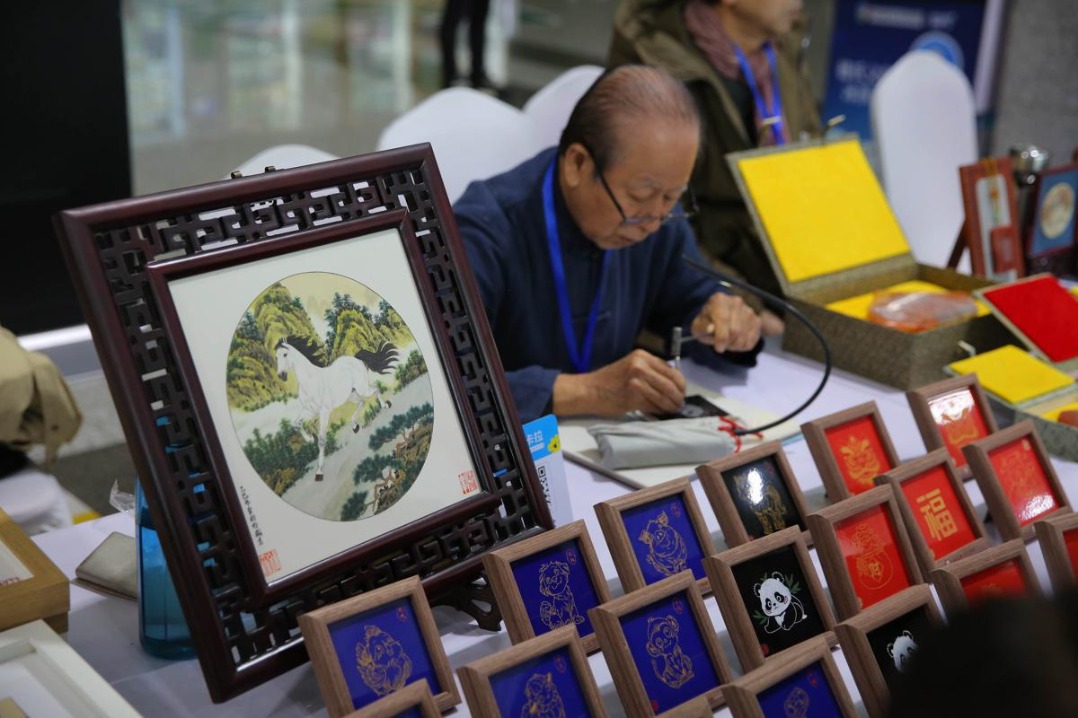New ministers appointed, legislative agenda set


The two sessions — China's biggest annual political events — are usually convened in early March. About 3,000 national lawmakers and around 2,000 political advisers travel to Beijing to discuss the country's crucial economic and political issues, and to share their ideas regarding the formulation or revision of laws related to people's interests and social development.
On Friday, when the NPC Standing Committee wrapped up its latest session, it also passed an amendment to the Criminal Law to strengthen the nation's fight against bribery.
The revised law, which will take effect on March 1, states that those offering bribes repeatedly to multiple people or parties involved in major national projects will be severely punished.
If bribes are offered to staff members of supervisory, administrative or judicial departments, or given for job promotion, or offered in fields such as the environment, finance, safety production, drug and food, social insurance, rescue relief, education and healthcare, the briber will face harsher penalties, according to the law.
In addition, the session voted to adopt a revised Company Law, a food security law and a decision to amend the Charity Law.
- The Fujian Coast Guard conducts regular law enforcement patrol in the waters near Jinmen
- IP protection for new fields to improve
- Draft rules define premade dishes in consumer interest
- Self-powering pacemaker could last a lifetime
- China intensifies crackdown on misuse of personal data
- China issues new rules classifying online content harmful to minors




































